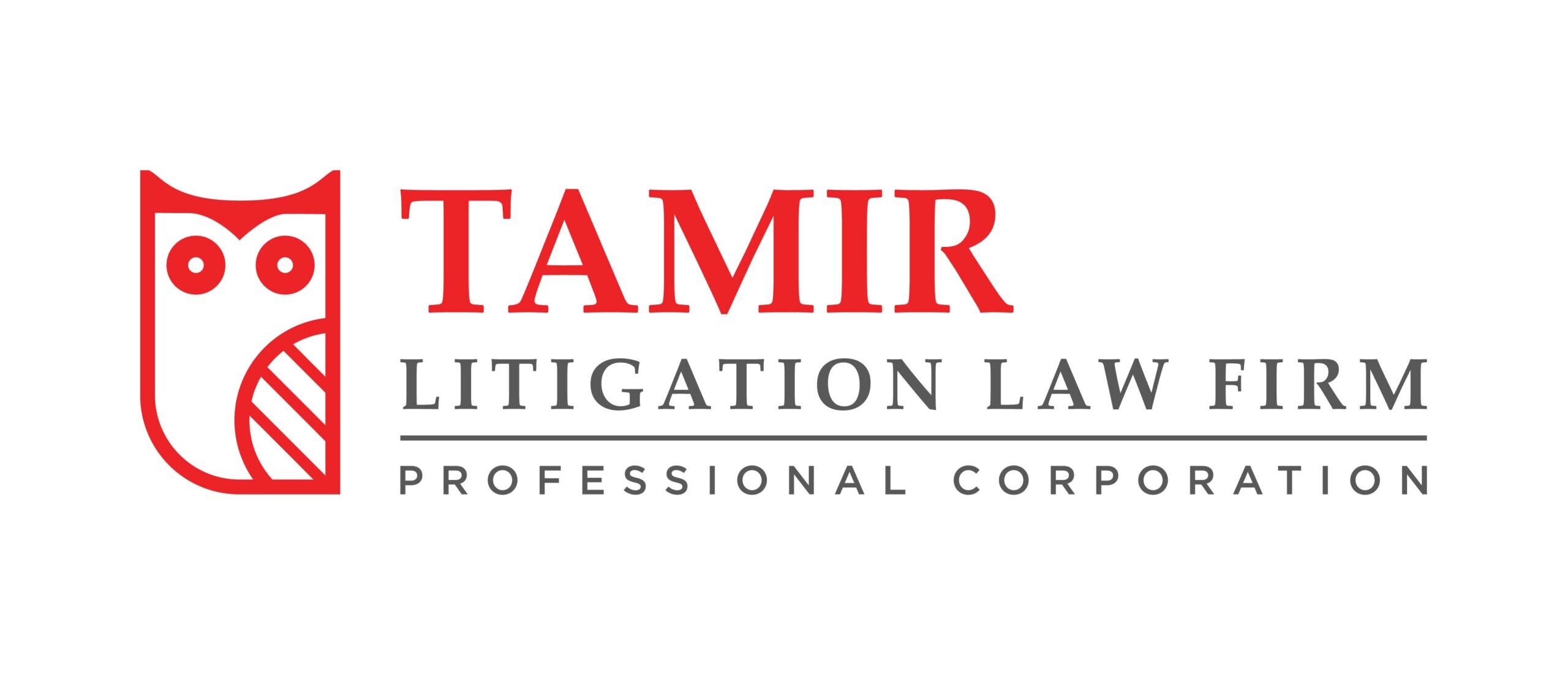ChatGPT may be helpful for restaurant tips, travel planning, or even writing awkward birthday cards, but it should not be your go-to legal advisor when dealing with your employer.
As an employment lawyer, I’m seeing a rise in employees using AI-generated letters, emails, and legal arguments when challenging their employer. It’s fast, free, and feels empowering. But here’s the problem: it’s also a great way to undermine your own credibility and damage your position ,sometimes permanently.
⚠️ Here’s why ChatGPT can work against you:
1. It Doesn’t Know the Law, It Just Sounds Like It Does
ChatGPT is trained on text, not statutes or case law. It may reference legal terms like “constructive dismissal” or “bad faith,” but it has no idea if they apply to you, or what Ontario courts have actually said about them. The result: smart-sounding nonsense that doesn’t help your case and will signal to your employer that you don’t have legal advice. So it is in fact counter productive unless… you are a lawyer and know the law, and can differentiate facts from AI hallucinations.
2. You Might Accidentally Admit Something
AI doesn’t know your full story and won’t protect you from saying the wrong thing. I’ve seen employees unknowingly undermine their own severance claim or misstate their job duties, all because a chatbot filled in the blanks with plausible-sounding fiction.
3. And most importantly – Your Employer Can Tell
Employers and their lawyers are increasingly aware when something was written by AI. The tone, structure, and vocabulary stand out. It reads like a Wikipedia article with a law degree. Worse, it signals you may be acting without counsel, and unable to advocate for yourself on your own. It makes you quite vulnerable to being dismissed or underpaid.
✅ What to Do Instead:
Do you have to hire a lawyer ? Of course not even though you probably should.
BUT: if you are doing this on your own, make sure to communicate with your employer just in a bit more polished way than you normally do. Do your best to stay away from legalese. Use government sites as a resource for current legal obligations for employers and also, yes, for employees. For instance, website of government of Ontario contains lots of practical information on issues related to employer obligations, and employee/ employer rights: https://www.ontario.ca/document/your-guide-employment-standards-act-0/termination-employment.
And ideally, get legal advice before responding to your employer in writing. Even one wrong sentence can affect your compensation, credibility, or legal options. AI won’t fix that, but a clear strategy can.
Tamir Litigation offers discreet, strategic advice tailored to your specific situation, not a generic AI-generated script.
This commentary is for informational purposes only and does not constitute legal advice. For more information on our employment law practice, please click here.
Phone: 416.499.1676
Free chat via WhatsApp: Chat with us
Email: info@tamirlitigation.com
Office Address: 600-95 Mural Street, Richmond Hill, ON L4B 3G2, Canada

